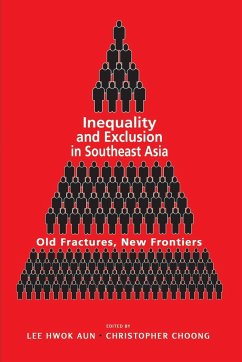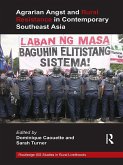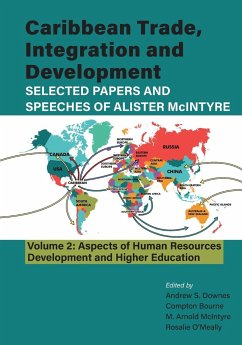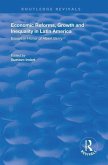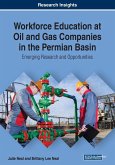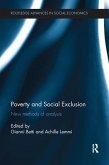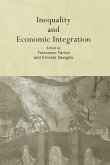Inequality is a defining global issue of our times. Southeast Asia stands out in some ways; the 2010s have seen most countries in the region reduce income gaps. Nonetheless, inequality levels remain high, especially in the middle-income to high-income countries, and popular disaffection and economic anxiety prevail, even while official statistics may paint more buoyant scenarios. The age-old problem of group-based exclusion in the development process manifests in new ways. This book provides up-to-date overviews of inequality levels and trends, primarily related to income, but also wealth and other socio-economic variables pertaining to education and health. The country chapters also examine salient themes of inequality, especially structural changes and public policies to redress inequality and exclusion, labour market developments, population groups, regional dynamics, and informal economies. We gain an appreciation for the unique conditions and diverse experiences of each country, and draw comparative insights across the region. "This is an impressive collection of papers written by scholars from Southeast Asia and addressing an important set of issues which deserve serious attention from policymakers. Inequality and social exclusion are problems which never seem to go away, even in the high-income countries, and this collection will be valuable for all those seeking to understand how serious the situation is in eight Southeast Asian states. The editors are to be congratulated on bringing together such a timely book." Anne Booth, Emeritus Professor of Economics, School of Oriental and African Studies "This compilation of recent research on Southeast Asian economic inequalities by Lee and Choong underscores the rapid progress being made. The authors from the region underscore the global shift in research and policy attention in this century. Reflecting data and methodological diversity, the book variedly captures some 'intersectionality' of inequalities beyond the old focus on interpersonal and household income distribution." Jomo KS, Fellow, Academy of Science, Malaysia "In societies across the world, rising inequality has become a critical issue over the past generation. Besides basic issues of justice, inequality between people obstructs the collective decision-making needed for societies to progress. This book is the most comprehensive study of inequality in Southeast Asia. It stresses that each society is different, but the solutions are common-good data, proper understanding, multidimensional approaches, strong institutions and popular agency." Pasuk Phongpaichit, Emeritus Professor, Chulalongkorn University
Hinweis: Dieser Artikel kann nur an eine deutsche Lieferadresse ausgeliefert werden.
Hinweis: Dieser Artikel kann nur an eine deutsche Lieferadresse ausgeliefert werden.

